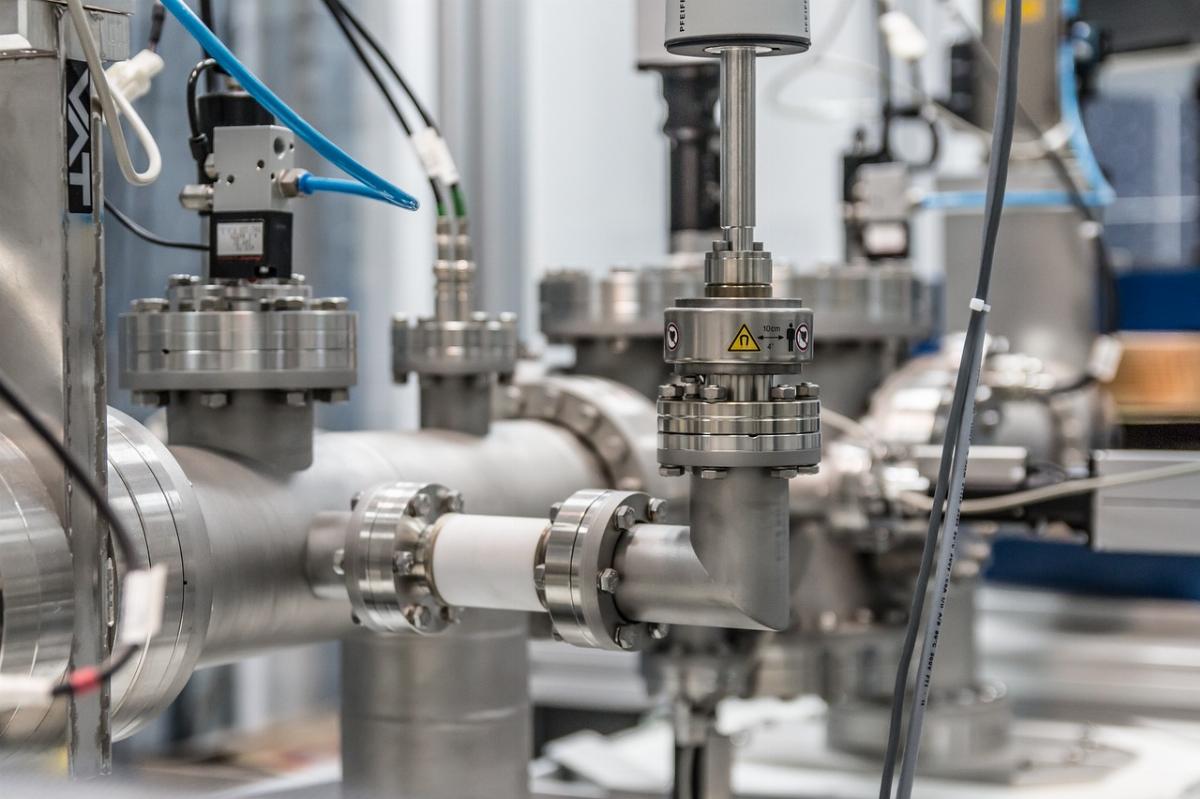When people talk about recovery, most of the focus is usually on the first step—deciding to get help. That part is huge, but it’s only the beginning. What comes after is just as important. The truth is, recovery isn’t something anyone can do by themselves forever. It lasts when the right kind of support is around, and that means care, connection, and an environment where someone actually feels safe and understood.
Why Environment Matters
A lot of people don’t realize how much the setting around them can shape recovery. If someone is trying to heal while surrounded by the same pressures, stress, or even people who encouraged old habits, it’s way harder to stay on track. A good environment takes away constant triggers and gives space to focus on change without distractions.
That’s why the choice of treatment center makes such a big difference. Places that put real effort into creating supportive, calm surroundings can make recovery feel possible. For example, many people turn to Legacy Healing’s rehabs in New Jersey because they offer more than treatment—they offer a place where the whole atmosphere is built around growth. When someone feels comfortable and cared for in their environment, the hard work of recovery feels more doable.
The Role of Connection
One of the strongest parts of lasting recovery is connection. Addiction often creates a cycle of isolation. People pull away from friends and family or feel like nobody could ever understand what they’re going through. That loneliness makes recovery feel impossible.
But the moment someone finds connection—whether it’s with counselors, peers, or supportive staff—things shift. Being able to sit with others who share similar struggles takes away the feeling of being the only one dealing with it. Suddenly, there’s space to talk honestly without fear of judgment. That connection becomes a reminder that no one has to carry the weight alone.
Why Professional Guidance Helps
Friends and family can be supportive, but recovery usually needs more than that. Professionals bring tools and strategies that make a difference long-term. Therapy sessions help uncover why certain habits started in the first place. Group programs teach healthier coping methods that can be used outside of treatment. Medical care ensures that the body is also supported while the mind heals.
Having a team of people who understand the process keeps recovery from feeling overwhelming. Instead of guessing what might work, the right guidance helps people move step by step. Over time, those lessons build a foundation that lasts even after treatment is done.
Learning How to Handle Real Life Again
Support during recovery isn’t just about getting through the tough moments inside a program—it’s about preparing for life after. Once treatment ends, everyday stress, family responsibilities, and work demands don’t just disappear. That’s why ongoing support teaches practical skills.
Healthy coping strategies, setting personal boundaries, and building better routines all matter. People learn how to handle challenges without slipping back into old habits. Recovery programs that focus on life skills make sure that when someone leaves, they’re not walking out unprepared. Instead, they’re ready to face the future with confidence.
Community That Lasts Beyond Treatment
Something that surprises a lot of people is how strong recovery communities can be. When someone builds bonds during treatment, those connections often stay for years. Alumni groups, peer support meetings, and ongoing therapy sessions create a network that continues even after the formal program ends.
That community becomes a safety net. When challenges pop up months or years later, there are people to call who truly get it. Having that kind of backup makes it less likely for someone to feel stuck or slip into old habits. It’s one of the biggest reasons recovery doesn’t just end when treatment ends—it keeps building with community support.
The Role of Family Support
Family can also play a huge part in whether recovery lasts. Addiction often damages trust and communication, but treatment gives space to rebuild those relationships. When families learn how to be supportive without enabling harmful behavior, it creates a healthier dynamic for everyone.
Many recovery programs invite families into the process through therapy sessions or workshops. These moments give loved ones the chance to understand what addiction really is and how to provide the right kind of encouragement. When family support is strong, it becomes another layer of stability—helping someone stay focused on recovery even when life outside gets tough.
Why Support Makes the Difference
Addiction doesn’t just affect one part of life—it spreads into relationships, health, and even self-worth. Recovery has to rebuild all of those areas, and that’s not something anyone can do alone. The right support makes recovery stick because it tackles the bigger picture, not just the surface problem.
When someone feels understood, has guidance, and is surrounded by people who want to see them succeed, recovery turns from an uphill battle into a journey with help along the way. Support is what keeps the progress going, even when life throws challenges at them.
The Takeaway
Lasting recovery isn’t about willpower alone. It’s about having the right kind of support in place—safe environments, strong connections, professional care, and a community that continues to encourage growth long after treatment ends.
When all of those pieces come together, recovery becomes more than just a temporary break from old habits. It becomes a real chance to build a future that feels healthier, stronger, and full of possibilities.



